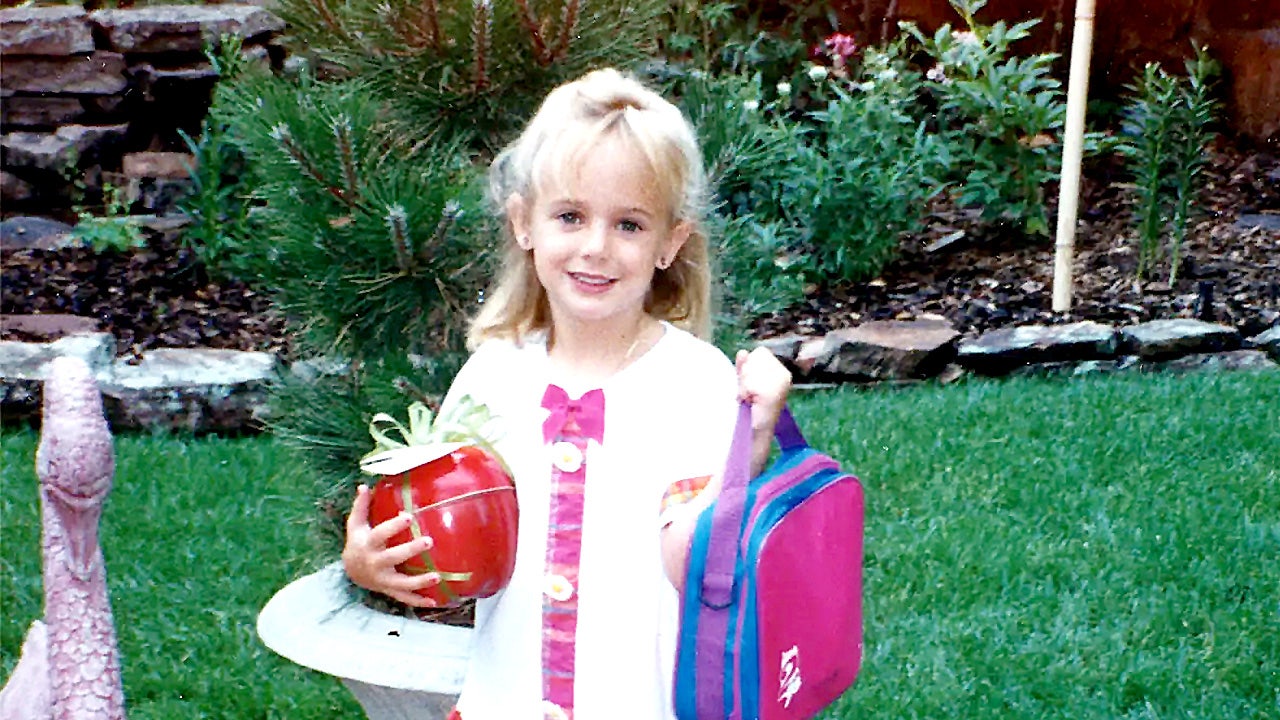JonBenét Ramsey Case: New DNA Technology Fuels Hope for Answers Nearly 30 Years Later
Trending: Cold Case Breakthroughs in 2025
Nearly three decades after the tragic murder of six-year-old JonBenét Ramsey in her Boulder, Colorado, home, her family and investigators are pinning their hopes on cutting-edge DNA technology to finally solve one of America’s most enduring mysteries. A new Fox Nation docuseries, released in August 2025, offers unprecedented access to the latest efforts to crack the case, spotlighting advancements in forensic genealogy and the relentless pursuit of justice by JonBenét’s father, John Ramsey, and the late detective Lou Smit’s team. As reported on September 4, 2025, by Fox News, these developments signal a potential turning point in the decades-long investigation.
A Haunting Crime and a Renewed Push
On December 26, 1996, JonBenét Ramsey, a young beauty pageant contestant, was found strangled and bludgeoned in the basement of her family’s Boulder home, hours after her mother, Patsy Ramsey, discovered a ransom note demanding $118,000. The case, marked by intense media scrutiny and early investigative missteps, remains unsolved. Initial suspicions focused on JonBenét’s parents, John and Patsy, and their son, Burke, but DNA evidence cleared the family in 2008, pointing instead to an unidentified male whose DNA was found on JonBenét’s clothing.
John Ramsey, now 80, remains steadfast in his quest for answers. In a September 2025 Fox & Friends interview, he emphasized the promise of new DNA technology. “Lou Smit, the detective who was brought in by the district attorney early on, legendary detective, solved over 200 homicides in his career, said, ‘John, this case will be solved by DNA,’” Ramsey recounted. “And I think we’re at that point now, if we use the technology that’s available.” Smit, who died in 2010, believed DNA held the key, a belief echoed by his family and colleagues featured in the Fox Nation series.
The Power of Forensic Genealogy
The renewed hope centers on forensic genetic genealogy, a technique that cross-references crime scene DNA with public genealogy databases to identify suspects through familial matches. This method, which led to breakthroughs in cases like the Golden State Killer, is gaining traction in cold cases. Ramsey highlighted its potential, stating, “There’s a new approach called forensic genealogy research that allows you to use vast amounts of DNA information to investigate the crime. And that’s the piece that needs to be used.”
A September 3, 2025, NewsNation report noted that John Ramsey is advocating for techniques like those used in the Gilgo Beach murder case, where degraded DNA was analyzed through genome sequencing by Astrea Forensics. “It’s a huge advance, and I believe it’s the way our case will be solved,” Ramsey said, pointing to untested hair samples from the crime scene as potential evidence. The Boulder Police Department, which has processed over 1,500 pieces of evidence and investigated 21,016 tips, confirmed in a 2021 statement that it is “actively reviewing genetic DNA testing processes” to apply to the case, per Forensic Magazine.
Background: A Case That Captivated a Nation
JonBenét’s murder gripped the U.S. due to her age, her pageant background, and the case’s mysterious elements, including the ransom note and the family’s wealth. Early mishandling by the Boulder Police, such as failing to secure the crime scene, drew criticism and fueled speculation. Over the years, suspects like John Mark Karr emerged but were cleared when DNA did not match. The Ramsey family endured intense public scrutiny, with John and Patsy (who died of ovarian cancer in 2006) facing persistent accusations despite their exoneration.
Advancements in DNA technology have kept hope alive. A 2024 ABC News report noted that unknown male DNA found under JonBenét’s fingernails and in her underwear remains a critical clue. The Boulder Police’s collaboration with the Colorado Bureau of Investigation has updated over 750 reference samples, with regular checks for new matches, per Forensic Magazine.
Expert Voices and Ongoing Efforts
Experts agree that forensic genealogy could be a game-changer. “The technology available today can analyze even small or degraded DNA samples, opening doors that were closed in 1996,” said Dr. Emily Chen, a forensic science expert at Stanford University. However, Ramsey stressed the need for thoroughness: “The key is to be sure that we’ve tested all the crime scene evidence.”
The Fox Nation series, which includes interviews with Smit’s family and cold case investigators, underscores the collaborative effort to leverage these tools. Boulder’s new police chief, Stephen Redfearn, has met with Ramsey to discuss re-testing evidence, a development Ramsey called “encouraging” in a January 30, 2025, Oxygen.com interview. “They were just open to sincerely discuss the case,” he said, expressing optimism about the department’s renewed commitment.
Impact and Next Steps
The push for DNA testing could finally identify JonBenét’s killer, offering closure to her family and justice for a case that has haunted the nation. If successful, it may set a precedent for other cold cases, with forensic genealogy becoming a standard tool. However, challenges remain, including the need for meticulous evidence handling to avoid contamination, a concern raised by past critiques of the Boulder Police.
For the public, Ramsey encourages vigilance: “If anyone has information, contact the Boulder Police at 303-441-1974 or BouldersMostWanted@bouldercolorado.gov.” The case’s visibility, amplified by the docuseries, may prompt new tips, while ongoing advocacy ensures the investigation remains active.
Conclusion: A Step Closer to Justice
Nearly 30 years after JonBenét Ramsey’s murder, advancements in DNA technology and renewed investigative efforts offer a glimmer of hope. John Ramsey’s unwavering pursuit, backed by the legacy of Lou Smit and cutting-edge forensic genealogy, could finally unravel this enduring mystery. The takeaway for Americans: persistence and innovation can breathe new life into even the coldest cases, bringing justice within reach for JonBenét and her family.
